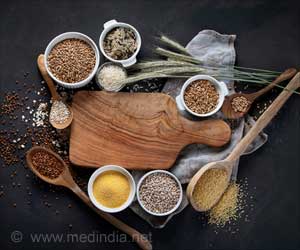Postmonsoon, it is diseases time, especially those spread by mosquitoes. falciparum, dengue and malaria are reported in many parts of the western Indian state of Gujarat, especially in its capital Ahmedabad.
Gujarat in western India is seeing While malaria is caused by a parasite called Plasmodium, transmitted via the bites of infected mosquitoes, Falciparum is the most dangerous type of malaria. Red blood cells infected with the parasite tend to sludge and form microinfarctions (small areas of dead tissue due to lack of oxygen) in capillaries in the brain, liver, adrenal gland, intestinal tract, kidneys, lungs, and other organs. Treatment is in a hospital setting, using intravenous medications.Dengue is the most important mosquito-transmitted viral disease in terms of morbidity and mortality.
Dengue fever usually affects people living in tropical regions and it manifests with a sudden episode of high fever.
Anand Shah, 49-year-old businessman residing in Asopalav Bungalows in Thaltej, was admitted to a private hospital with high fever and vomiting streaked with blood!
"He developed high fever accompanied with dizziness. Our society is very clean and even the municipality sprinkles anti-mosquito medication routinely. I have a pond in my house but we have fish and no mosquitoes were found there, one wonders where these mosquitoes were breeding," said Anand's wife Avani. Ajay Joshi of Gurukul is recuperating from a complicated case of falciparum. "Joshi had falciparum accompanied with breathing problems," said physician Dr Akil Mukim.
Doctors said that though malaria and dengue are under control, people should be careful as patients are coming with complicated falciparum fever. "Patients are coming with falciparum with complications like jaundice, seizures, kidney damage and excessive vomiting streaked with blood due to haemorrhages in the gastro-intestinal tract," said infectious diseases specialist Dr Atul Patel.
Advertisement
Currently, Vejalpur, Ghatlodiya and Asarwa are the hot-spots of malaria in the city. In Vejalpur, 91 malaria cases were detected last month while this month, at least five to six cases are being detected every day.
Advertisement
Chikungunya is a relatively a rare viral fever that is caused by the bite of a common mosquito. Outbreaks have taken place in many tropical countries. Recently it has resurfaced in many parts of South India.
As authorities monitor anti-mosquito operations, officials said that people, on their part, should ensure there is no stagnant water in the house and apply mosquito repellents and use mosquito nets.
Source-Medindia
GPL




